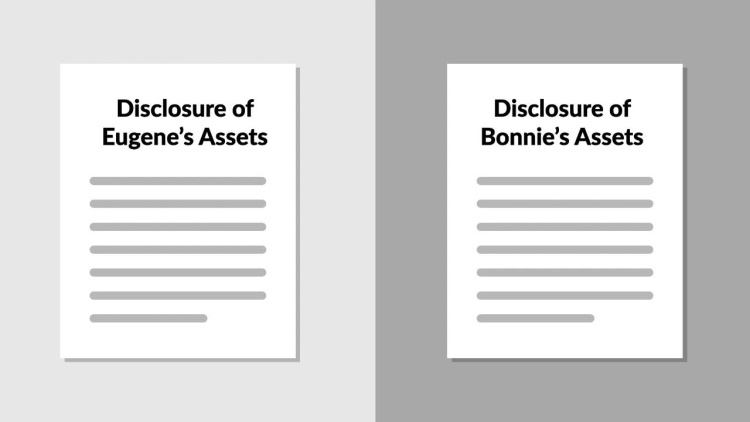Reece v. Elliott
Court of Appeals of Tennessee
208 S.W.3d 419 (2006)

- Written by Christine Raino, JD
Facts
On November 29, 1999, before Eugene Reece’s widow (plaintiff) married Eugene on December 4, 1999, they executed an antenuptial agreement (Agreement). The Agreement stated that they both had separate interests in property that they agreed to keep separate during their marriage and that they waived their right to elect against each other’s wills so that their respective estates could pass to their children from previous marriages. The Agreement confirmed that they both had sought the advice of independent counsel, understood the meaning of the agreement and that there had been full disclosure of their assets. Attached to the Agreement were exhibits listing their respective assets. The list of Eugene’s assets included, inter alia, a residence and other real estate, a promissory note to Routh Packing Company for $357,000, and 1687 shares of stock in Routh Packing Company, however, the current value of the shares was not stated. Similarly, the exhibit listing Eugene’s widow’s assets did not include the value of all listed assets. After Eugene died intestate on July 5, 2003, his widow brought a declaratory judgment action against Linda Elliot and Diane Dempsey (defendants), co-executrixes of Eugene’s estate, seeking to rescind the Agreement because Eugene failed to fully disclose his assets by not including the value of the shares in Routh Packing Company stock. At trial, Eugene’s widow testified that, before signing the Agreement, she consulted with an attorney who reviewed the Agreement and the list of Eugene’s assets and that she did not ask her attorney to investigate the value of the stock. She further testified that she understood she would have no right to the listed assets, that she had not asked Eugene about the value of the stock and that she did not think the value of the stock was important at the time because under the terms of the Agreement, she would not have an interest in the stock. She also testified that Eugene was forthcoming about his assets. The trial court held that the Agreement was valid and dismissed the action. Eugene’s widow appealed.
Rule of Law
Issue
Holding and Reasoning (Franks, J.)
What to do next…
Here's why 907,000 law students have relied on our case briefs:
- Written by law professors and practitioners, not other law students. 47,100 briefs, keyed to 996 casebooks. Top-notch customer support.
- The right amount of information, includes the facts, issues, rule of law, holding and reasoning, and any concurrences and dissents.
- Access in your classes, works on your mobile and tablet. Massive library of related video lessons and high quality multiple-choice questions.
- Easy to use, uniform format for every case brief. Written in plain English, not in legalese. Our briefs summarize and simplify; they don’t just repeat the court’s language.





